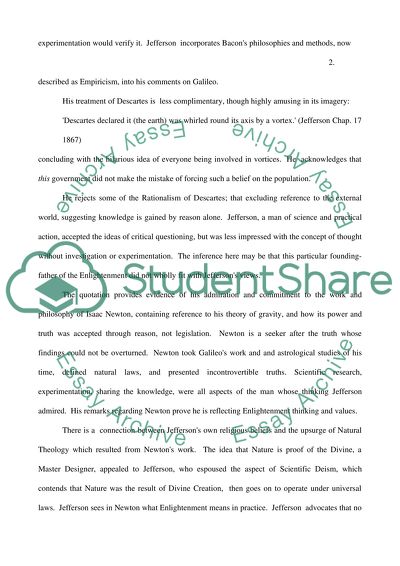Cite this document
(“Enlightenment Essay Example | Topics and Well Written Essays - 1000 words”, n.d.)
Retrieved from https://studentshare.org/politics/1506215-enlightenment
Retrieved from https://studentshare.org/politics/1506215-enlightenment
(Enlightenment Essay Example | Topics and Well Written Essays - 1000 Words)
https://studentshare.org/politics/1506215-enlightenment.
https://studentshare.org/politics/1506215-enlightenment.
“Enlightenment Essay Example | Topics and Well Written Essays - 1000 Words”, n.d. https://studentshare.org/politics/1506215-enlightenment.


